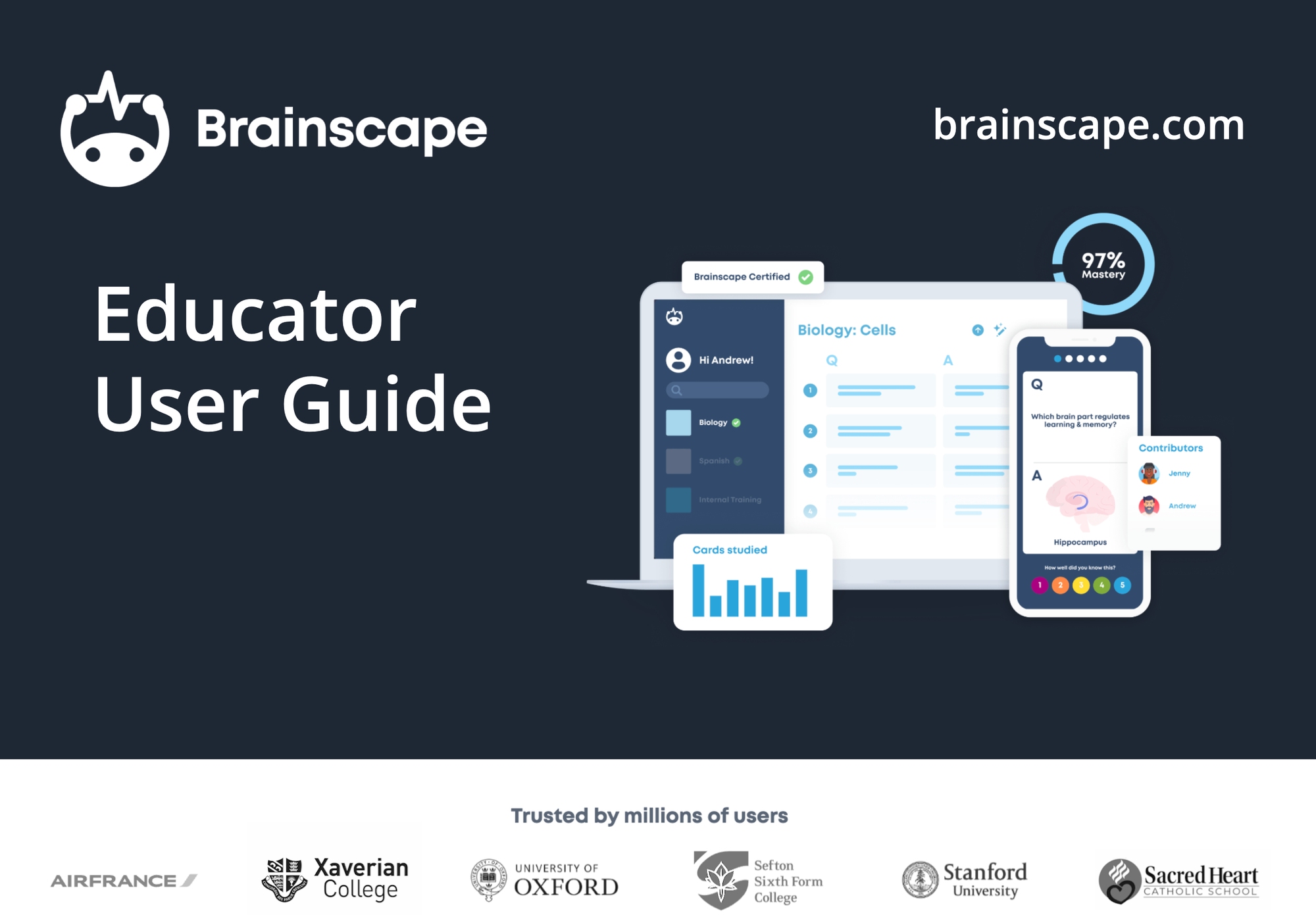Teachers, if you had to pick the most important skill we help students develop, what would it be?
Critical thinking? Problem-solving? Writing?
All of these are important, but one of the most underrated skills is the ability to clearly explain a complex idea.
I was reminded of this just this morning at a coffee shop. I overheard a guy struggling to explain the rules of a card game to his increasingly bewildered girlfriend. It was painful. His explanation was disorganized, overly detailed, and totally confusing and I couldn’t help but wonder: How did he get through school without learning to explain things clearly?
Then it hit me: Explaining is a skill.
Whether it's breaking down a game, leading a team, or pitching an idea, the ability to distill complexity into something simple and understandable is a skill used daily by the world’s most successful people.
So why don’t we teach it more explicitly in school?
Perhaps we should. And games—where rules, strategy, and structure need to be communicated clearly—are a powerful way to do it.
Developing Executive Function Skills
"Explaining" involves such high-level executive functions as
- Summarizing
- Simplifying
- Choosing appropriate communication tools (verbal vs. visual vs. simulation)
- Involving the audience in the learning process
- Scaffolding information at a pace that responds to the audience’s comprehension feedback
These are the same skills involved in a number of real-world applications:
- Writing an effective, concise corporate memo or email
- Making a 30-second TV commercial
- Leading a product design meeting
- Teaching a 60-minute class about photosynthesis
- Pitching your company to investors in an elevator
- Writing clean software code to be used by other developers
Explaining Games Improves Executive Function
That long-winded guy at the coffee shop? I’d bet he struggles with more than just explaining card games.
Now, imagine if, back in third grade, he had had a teacher who made half the class learn a new game each week and then had them explain it to their peers.
With a little guidance and dozens of practice rounds, he likely would have developed the ability to condense and communicate information efficiently. And that skill would have followed him throughout his education, career, and life.
What games help with executive function?
Games that involve planning, memory, flexibility, and strategy are great for developing executive function. Think classics like Chess, Uno, or Settlers of Catan, as well as newer cooperative board games and logic puzzles. Even simple games like Simon Says or 20 Questions can help younger kids build self-regulation and working memory.
How can teachers help students with executive functioning?
Teachers can create routines, model goal-setting, and encourage metacognition (thinking about thinking). Providing visual schedules, chunking tasks, and incorporating peer teaching or explanation activities (like having students teach a game) can also significantly support executive skill growth.
What is the best exercise for executive function?
There’s no single “best” exercise, but activities that challenge students to plan ahead, shift strategies, and monitor progress are ideal. These can include journaling, mindfulness exercises, puzzles, coding projects, or even managing a group task with shifting requirements.
Do video games help with executive functioning?
Some video games, especially those requiring real-time strategy, problem-solving, or resource management, can improve aspects of executive functioning. But not all games are created equal. Games that encourage planning, focus, and adaptation tend to be more beneficial than repetitive or purely reflex-based challenges.
The Takeaway for Educators
Games, by themselves, aren’t always the most efficient teaching tool. But if we design lessons that require students to explain the games to each other, we supercharge their value.
By encouraging kids to verbalize rules, simplify instructions, and answer questions, we help them strengthen executive function—a skill that will serve them far beyond the classroom.
Plus, we might just spare some poor soul from getting the ick in a coffee shop.
Get Brainscape's Educator User Guide
Curious to learn more about how to introduce Brainscape into your physical or virtual classroom? Our Educator User Guide provides a detailed walkthrough of how to get set up. It'll also give you all the material you need to motivate for its adoption amongst your students, their parents, and/or the faculty of your school or college:

Additional Reading
- The Costs vs Benefits of Using Educational Games with Students
- How Brainscape facilitates the flipped classroom approach
- Top 10 EdTech Blogs You Should Know
References
Gamino, J. F., Frost, C., Riddle, R., Koslovsky, J., & Chapman, S. B. (2022). Higher-Order Executive Function in middle School: Training teachers to enhance cognition in young adolescents. Frontiers in Psychology, 13. https://doi.org/10.3389/fpsyg.2022.867264
Harris, J. (2022, March 2). Snap! 12 classic card games to teach the kids. Kidspot. https://www.kidspot.com.au/parenting/things-to-do/snap-12-classic-card-games-to-teach-the-kids/news-story/1d153893aee53908749c1377c588928c
Harvard University. (2020, October 29). Activities Guide: Enhancing & Practicing Executive Function Skills. Center on the Developing Child at Harvard University. https://developingchild.harvard.edu/resources/activities-guide-enhancing-and-practicing-executive-function-skills-with-children-from-infancy-to-adolescence/
Indiana University Bloomington. (2024). Games for learning. Center for Innovative Teaching and Learning. https://citl.indiana.edu/teaching-resources/teaching-strategies/games-learning/index.html
